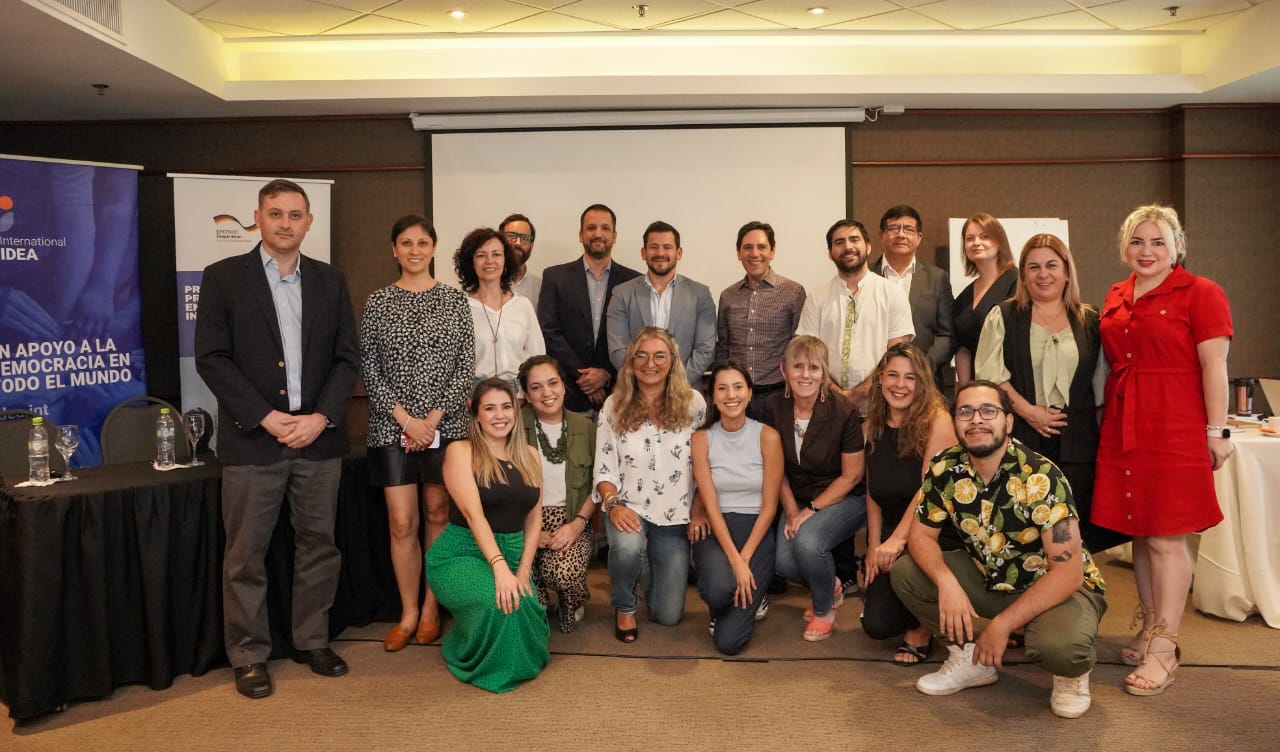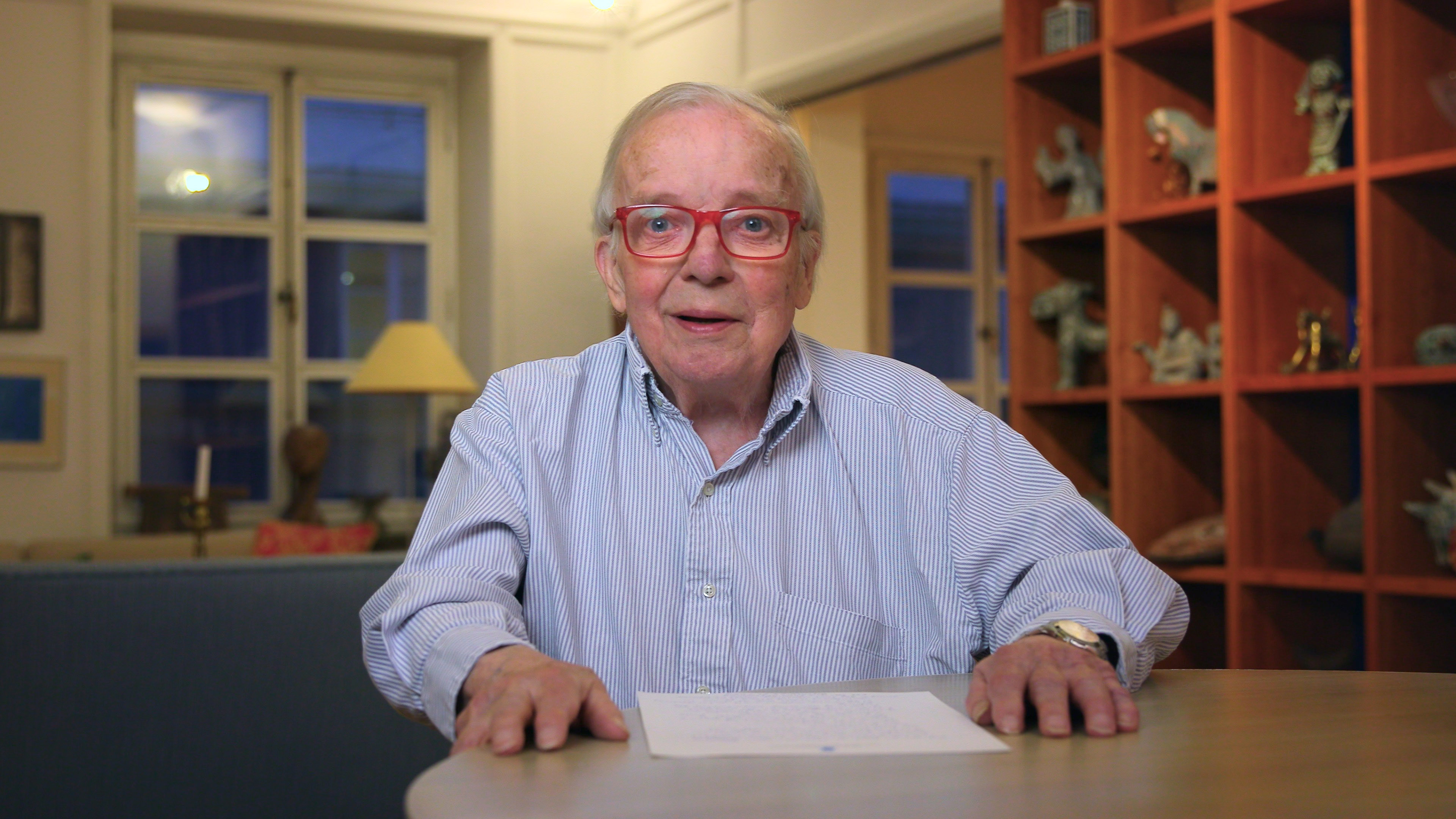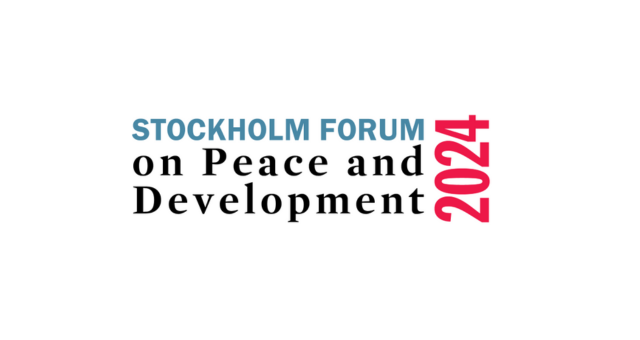On Friday 22 January, while protesters demonstrated against the electoral process in Haiti, the Electoral Council cancelled run-off election, initially scheduled for Sunday. Despite the suspension of the process, violent protests calling for President Michel Martelly’s resignation continue. On Sunday, both supporters of Martelly and supporters of the opposition have demonstrated in the capital of Port-au-Prince and in other parts of the country.
The protests caused the Provisional Electoral Council (CEP) to cancel the second attempt to hold run-off elections after Jude Célestin of the LAPEH party, one of the two final candidates, announced he would not participate. His opponent Jovenel Moïse, the government-backed candidate from PHTK, continued his campaign, which fueled the protests further.
All opposition parties rejected the results of the first round, held in October last year. The second round of the election was initially scheduled for 27 December but cancelled a few days in advance.
The situation remains uncertain, as President Martelly’s term will end on 7 February, yet without anyone elected to replace him. The protests grew as the CEP and the government did not implement the recommendations formulated by the National Electoral Evaluation Commission, which concluded that the first round of elections was marred by serious irregularities.
The G-8, group of eight of the main opposition parties, proposed an exit strategy from the current crisis. It asks for a transition government, with an interim president coming from the Supreme Court, as the Constitution stipulates. A supreme court appointed interim president was used following the fall of the Duvalier dictatorship when Ertha Pascal-Trouillot, female magistrate, became president of the transition.
According to the G-8, this interim president, with a 15-member cabinet, would have the responsibility to set up an independent inquiry commission in order to deepen the investigations on frauds and irregularities, and propose the next steps to continue the electoral process.
International IDEA monitors the situation closely and urges all parties to meet at the negotiation table to agree on a democratic, credible and timely solution for all stakeholders.


